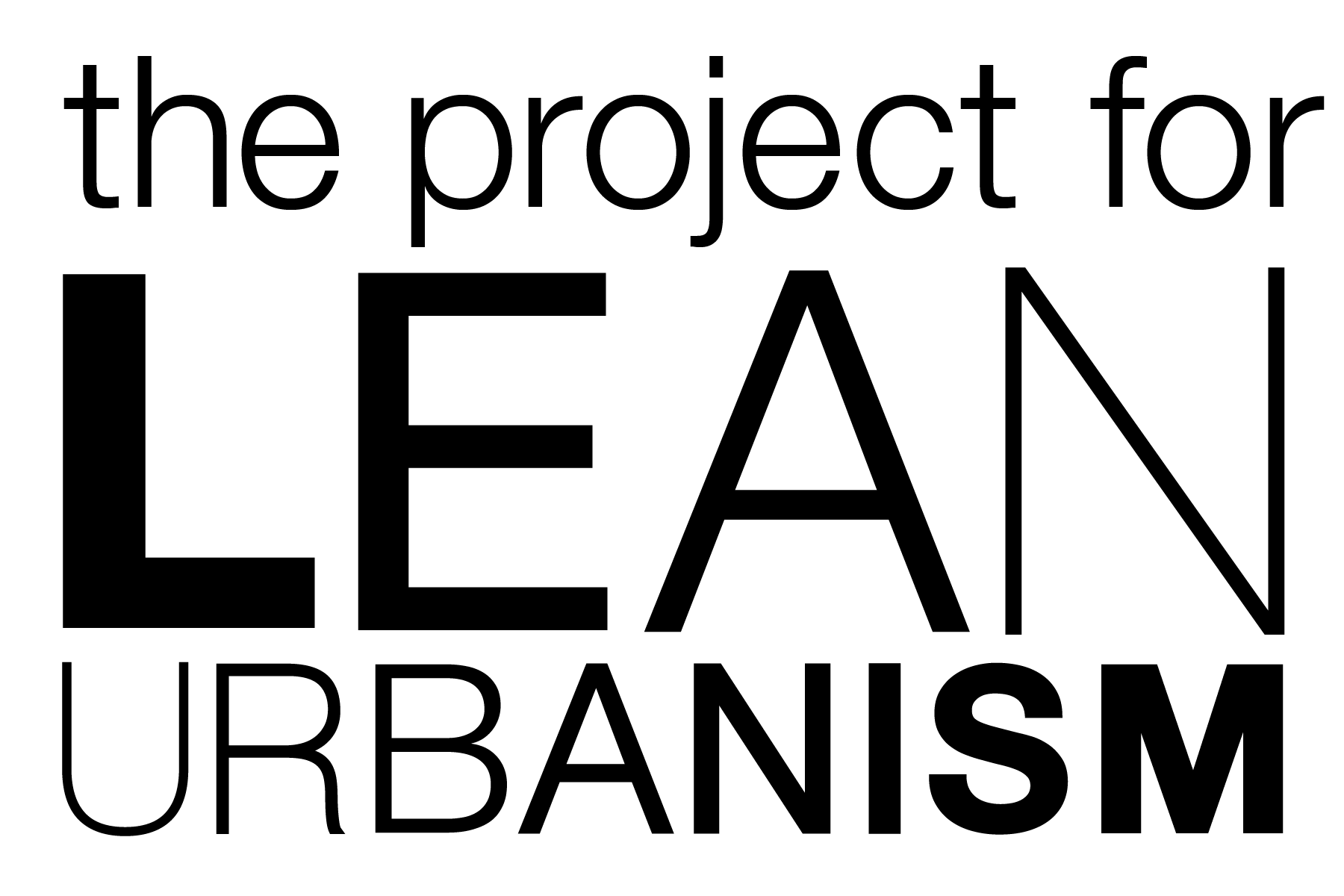Research
All | Position Papers | Case Studies
Lessons from PHX – Embracing Lean Urbanism
The City of Phoenix has become a model of Lean Governing, demonstrating the benefits of community revitalization when a municipality enables and encourages the work of creative entrepreneurs, small developers, neighborhood leaders, and community organizations. Along the way, it has employed and refined a number of principles and techniques that other cities can use to revitalize their neighborhoods. Phoenix is demonstrating that small projects can lead to big results.
The Story of Lean Detroit
Detroit is rapidly transforming into its next incarnation. The challenges that the city has experienced in past decades are being addressed, as demands for enhancements from the current and new population increase. Changes will be efficient out of necessity, and will likely reestablish an already distinctive urban environment, based on its history, inhabitants and physical form. The potential for Lean applications in Detroit directly relates to the capacity of its existing infrastructure and the quality of its underutilized built environment. Through a reexamination of extensive opportunities, Lean, effective solutions will arise and lead to a successful new Detroit.
Lean Education – Architects as Developers
The mission of the Master of Real Estate Development (MRED) program at Woodbury University’s School of Architecture is to change the role of architect from consultant to entrepreneur and to empower architects in a profession where they are rapidly losing their traditional role as leaders of project teams. Students graduate with the skills to be not simply consultants, but also builders and real estate developers. MRED graduates are establishing a new localized culture of building and an architectural vernacular that speaks to San Diego’s context, place, and time. The built results have created a quiet storm of new housing and commerce that both fit nicely within and raise the design bar in San Diego’s more urban neighborhoods. These new projects and architect-builders are creating a buzz, drawing attention from funders and others wanting to build upon their budding success, and establishing a new responsibility through raised expectations. The MRED program is creating a group of young architect-developers who can determine their own fates, design, and places while contributing to a better urban environment.
Seaside – A Case of Lean Urbanism for Greenfield Development
Seaside, the resort town in the Florida Panhandle, is best known for being a compact, walkable, and diverse community, but it has also become known as one of the first environmentally designed new towns. It is now time for it to be recognized as a model for Lean Urbanism, particularly greenfield development.
The Katrina Cottage Movement – A Case Study
Appealing, context-aware designs for small-scale homes in small-scale neighborhoods grabbed national attention during the 2005 Mississippi Renewal Forum after Hurricane Katrina. Though it took far longer for the ideas to find traction than anyone imagined, trial-and-error progress has produced models worth emulating, and just in time to address new realities in housing demand in post-recession America.
Localism in England – Lessons for Lean Urbanism
England’s Coalition government has introduced the concept of localism and seeks to allow communities and neighbourhoods to opt into the formerly topdown planning and development system. These powers may be a useful blueprint for the Project for Lean Urbanism, and it is hoped that certain ideas can be reframed to be of use for “leaning” the building process in the United States.
